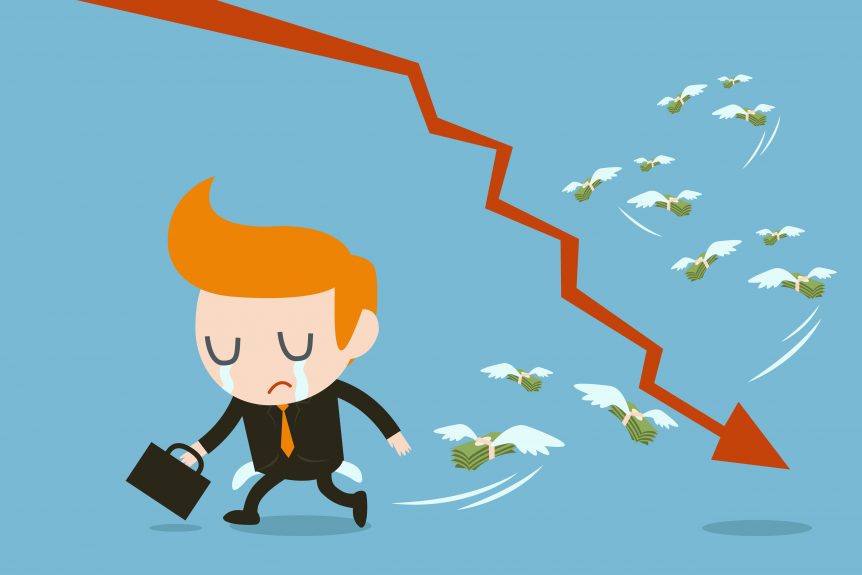Money Mistakes That Could Destroy Your Finances
Building a stable financial future is a difficult thing to do, especially these days. Modern breadwinners have to work hard to navigate a treacherous professional landscape in which too many Americans are making too little money, even as the prices of essential things like shelter rise. Still, many Americans manage to scrape together the cash they need to survive and, in many cases, thrive. They’re careful and clever, and they save their pennies for rainy days and retirement.
The care and wisdom of these Americans makes it only more frustrating to see sound financial decisions derailed by occasional mistakes. Unfortunately, it only takes one misstep to undo years’ worth of careful saving and budgeting. That’s why you need to be vigilant and avoid the pitfalls that have destroyed so many lives. Here are a few common money mistakes that could threaten your finances. Steer well clear of them.
Taking out too much auto debt
Debt can be a very dangerous thing in personal finance, but — as many Americans are aware — debt can also be a tool. A home loan can help people increase their net worth in the long run, and loans for large purchases like cars can help pace out a big expense and keep bills paid, savings account stocked, and futures bright.
But be careful, because any type of debt can be toxic if it’s more than you can afford to pay back. You should be particularly careful about loans that might reasonably be viewed as just “OK” debt, rather than “good” or “bad” debt. Car loans are a great example: While they can certainly be sensible, they aren’t exactly good. You’ll want to be careful about how much you take out, so that you don’t end up being one of the many Americans who fall behind on their auto loans.
Part of the trick is to shop in the right places, say the pros at a respected Honda dealership in North Olmstead, OH. You don’t want pushy salespeople urging you to take out tons of debt for a pricey car; you want helpful people who have your best interests at heart. Do your research, shop wisely, and avoid taking out lots of debt. Then, apply this same logic to other large purchases.
Turning investing into gambling
If you’re saving for retirement, then you’re probably already aware that you won’t get far without investing your cash. Thanks to inflation and the relatively meager power of simply pocketing your pennies, you absolutely have to get your money to generate interest if you’re going to retire as comfortably as you might hope.
It matters, though, how you invest. Putting cash into tax-advantaged accounts like 401(k)s and IRAs is a smart move, because it limits your tax burden and helps you maximize the value of what you’re saving. But inside and outside of these accounts, it also matters enormously which stocks, bonds, and funds you buy or buy into.
So crack open a guide to trading for dummies, or hire a financial adviser who knows what he or she is doing. Look for safe and reliable ways to grow your retirement fund. If you have some extra money to play with and want to get creative or start day trading, great — but keep your retirement nest egg growing slowly and safely, and watch out for leveraged strategies that leave you exposed to risk. Investing is sensible, but you need to make sure that investing is what you’re doing — rather than speculating or gambling.
Using credit cards too often
Credit cards are convenient things, because they let us buy things without having to carry loads of cash around. But that convenience isn’t really the point of your credit cards, at least not from the perspective of the credit card companies. The real point is the credit — essentially, each purchase is a little loan that you pay back when you pay your credit card bill.
And if you let your credit card balance roll over month to month, you’ll find out that those loans often come with hefty interest rates. On top of this, psychologists agree that credit cards encourage us to spend more money. So be careful with those credit cards, and limit how much you buy with them. Pay off your full balance every month, and remember: If you can’t afford to pay it off, then you can’t afford to buy it with a credit card.


